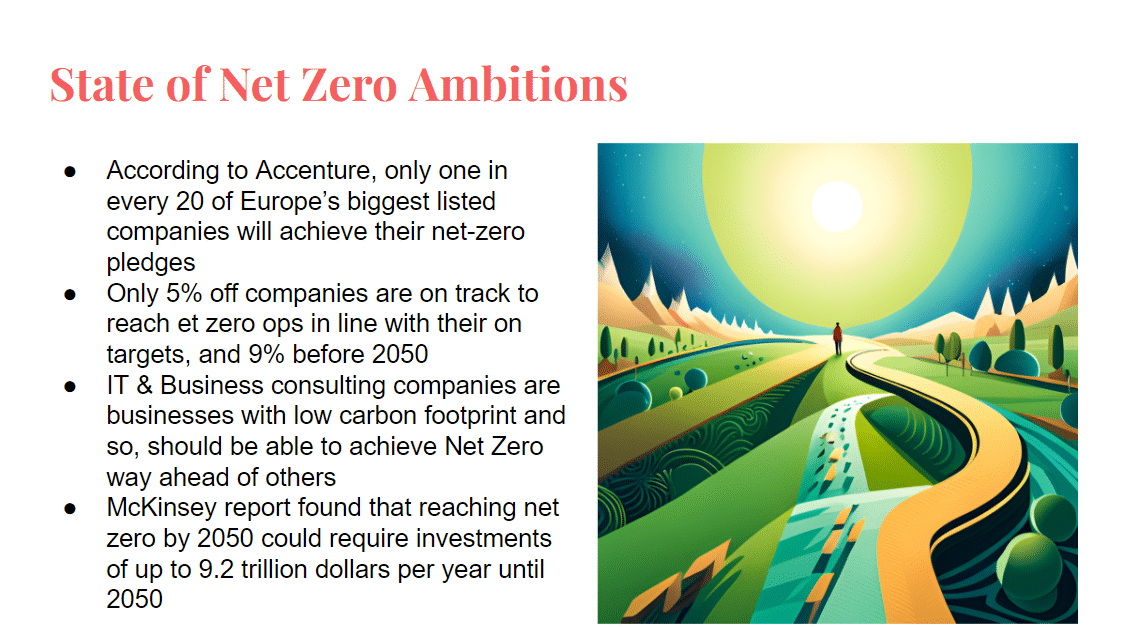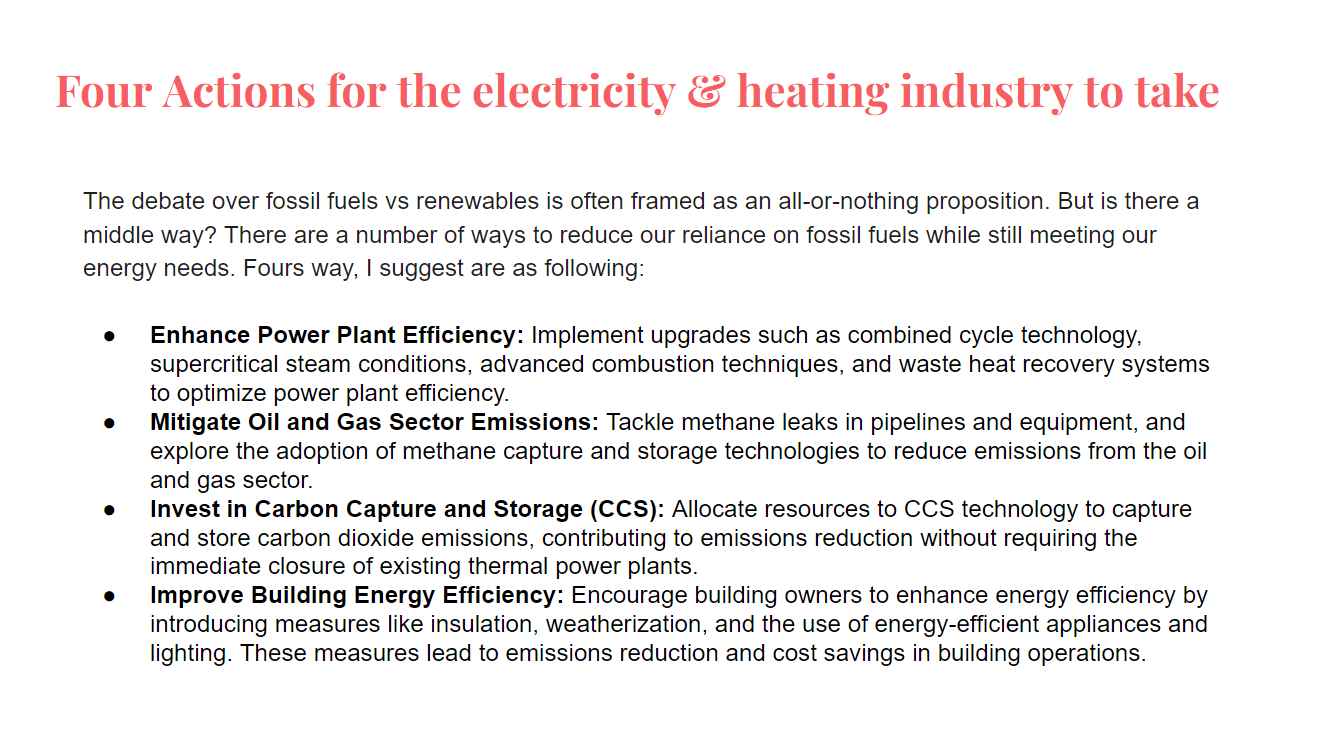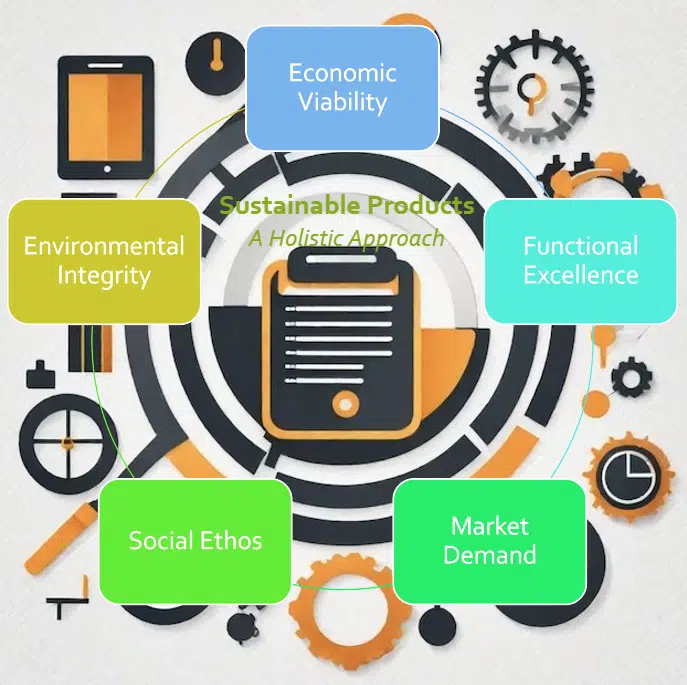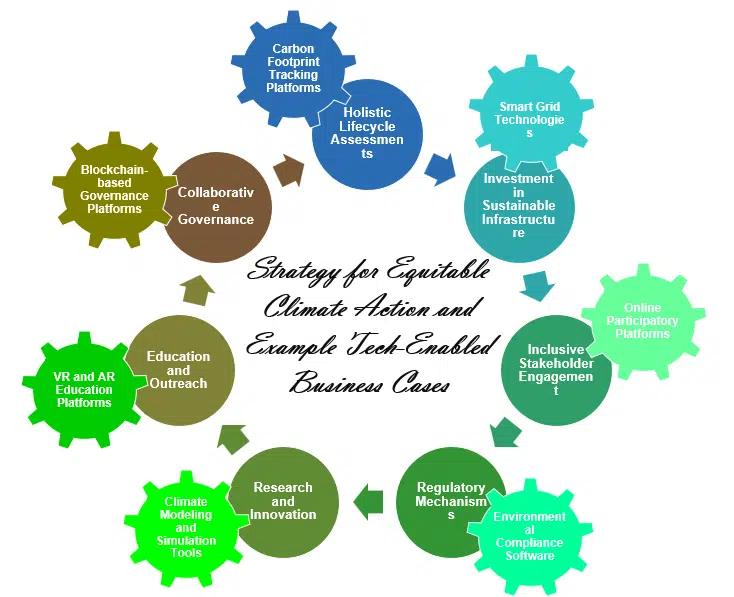Environmental, social, and governance (ESG) factors are becoming increasingly important for business success. IT and business consulting organizations are stepping up to the plate, not only by guiding their clients towards ESG self-compliance, but also by adopting these principles themselves. Today we put our focus of the Net Zero targets aspect of ESG at consulting firms. We talk in detail what does Net Zero mean, and what should be the end goal for Net Zero in terms of Emission Scope 1, 2 and 3 in this blog.
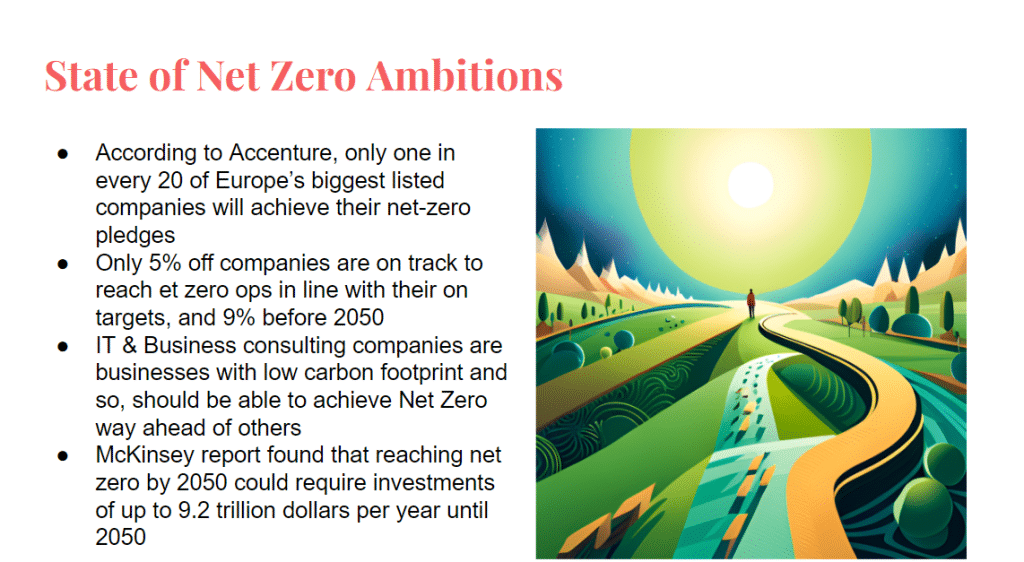
The Current State of Affairs
A recent survey by the World Economic Forum found that only 20% of IT and business consulting organizations have integrated ESG into their operations. The majority of these organizations are still in the early stages of ESG adoption, and many are struggling to overcome challenges such as data availability, lack of expertise, cost, and a lack of vision.
The Goals of Industry Leaders
The industry leaders, like Accenture, Deloitte, and PwC have set ambitious goals to achieve net zero emissions. However, it is important to ask whether these goals are reasonable and enough, or are they too little and too late?
- Accenture’s target aims to reduce our absolute greenhouse gas emissions by 11% against our 2016 baseline by 2025, including a commitment to reduce scope 1 and scope 2 emissions by 65%, and a 40% per unit of revenue intensity reduction for scope 1, scope 2 and scope 3 emissions over the same time period.
- Deloitte has set a goal to achieve net zero emissions by 2050. Reduce absolute Scope 1 and 2 GHG emissions 70% and Scope 3 GHG emissions from business travel 50% per FTE by 2030 from a 2019 base year
- PwC 50% absolute reduction of our scope 1 and scope 2 emissions as well as a 50% reduction in scope 3 business travel (incl. land-based travel, air travel and accommodation) greenhouse gas emissions by FY30 (compared to a FY19 base)
The Intergovernmental Panel on Climate Change (IPCC) has stated that in order to limit global warming to 1.5 degrees Celsius, global emissions must reach net zero by 2050. This means that all greenhouse gas emissions must be balanced by offsetting measures, such as planting trees or investing in renewable energy.
The goals set by Accenture, Deloitte, and PwC may be in line with the IPCC’s recommendations. However, it is important to note that these goals are just targets. It is still too early to say whether these organizations will be able to achieve them.
The Challenges of ESG Self-Compliance
There are a number of challenges that IT and business consulting organizations will need to overcome in order to achieve ESG self-compliance. These challenges include:
- Data availability: ESG data can be difficult to collect and analyze, especially for large organizations with complex supply chains.
- Lack of expertise: There is a shortage of ESG expertise in the workforce. Organizations may need to invest in training and development to build up their ESG capabilities.
- Cost: ESG initiatives can be expensive, especially for large organizations. Organizations will need to weigh the costs and benefits of ESG initiatives before implementing them.
- Lack of vision: Some organizations may not see the value in ESG self-compliance. They may view it as a cost burden or a distraction from their core business activities.
The Opportunities and Risks of ESG Self-Compliance
Embracing ESG self-compliance offers several opportunities:
- Market leadership: Organizations committed to ESG stand out as leaders in sustainability and ethical practices, potentially attracting more clients and investors.
- Innovation: ESG principles can drive innovation, leading to the development of new products and services that address environmental and social challenges.
- Cost savings: Sustainable practices often lead to cost savings through reduced resource consumption and improved efficiency.
However, there are also risks involved:
- Reputational risk: Failure to meet ESG commitments can lead to reputational damage, which can have long-lasting consequences.
- Regulatory and legal risks: As ESG regulations evolve, organizations may face compliance and legal risks if they are not prepared.
- Operational challenges: Implementing ESG practices can be operationally challenging and resource-intensive.
The Urgency of the Topic
The urgency of ESG self-compliance cannot be overstated. Climate change, social inequalities, and ethical concerns are pressing global issues. IT and business consulting organizations, given their influential roles in advising businesses, have a unique opportunity to drive positive change.
Moreover, investor and customer expectations are evolving rapidly. Organizations that do not adapt to ESG principles risk losing market share and access to capital. The urgency lies in both seizing the opportunities that ESG presents and safeguarding against the risks associated with non-compliance.
Conclusion
Organizations that are serious about ESG self-compliance should start by assessing their current capabilities and identifying the gaps that need to be filled. They should also develop a clear plan for implementing ESG initiatives and tracking their progress. The goals set by industry leaders are a good starting point, but they are not enough. More needs to be done to address the challenges of ESG self-compliance and to ensure that all organizations are held accountable for their actions.

